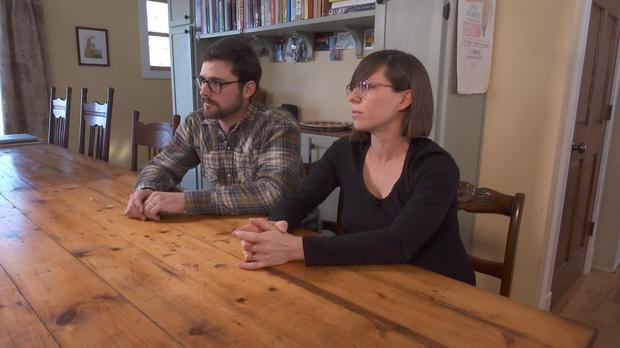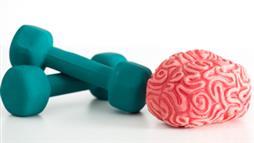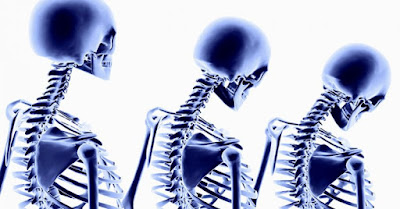The Growing Importance of Bicycle Infrastructure

INSANITY Why more cities need to embrace bike lanes, bike parking and other bicycle infrastructure in their urban cores. The Value of Bicycle Lanes and Thoroughfares There is a growing connection in the relationship between amenity- or service-oriented businesses and the proximity to bicycle thoroughfares. These kinds of businesses would include restaurants, coffee shops, pubs, boutiques, and the like. Michael Andersen, who writes for BikePortland and People for Bikes, has written numerous articles that detail this trend. “Bikes, it turns out, seem to be a perfect way to get people to the few retail categories that are thriving in the age of mail-order everything: bars, restaurants and personal services. And in Portland, where an early investment in basic bikeways has made bikes a popular way to run errands, retailers are responding by snapping up storefronts with good bike exposure.” READ >>












